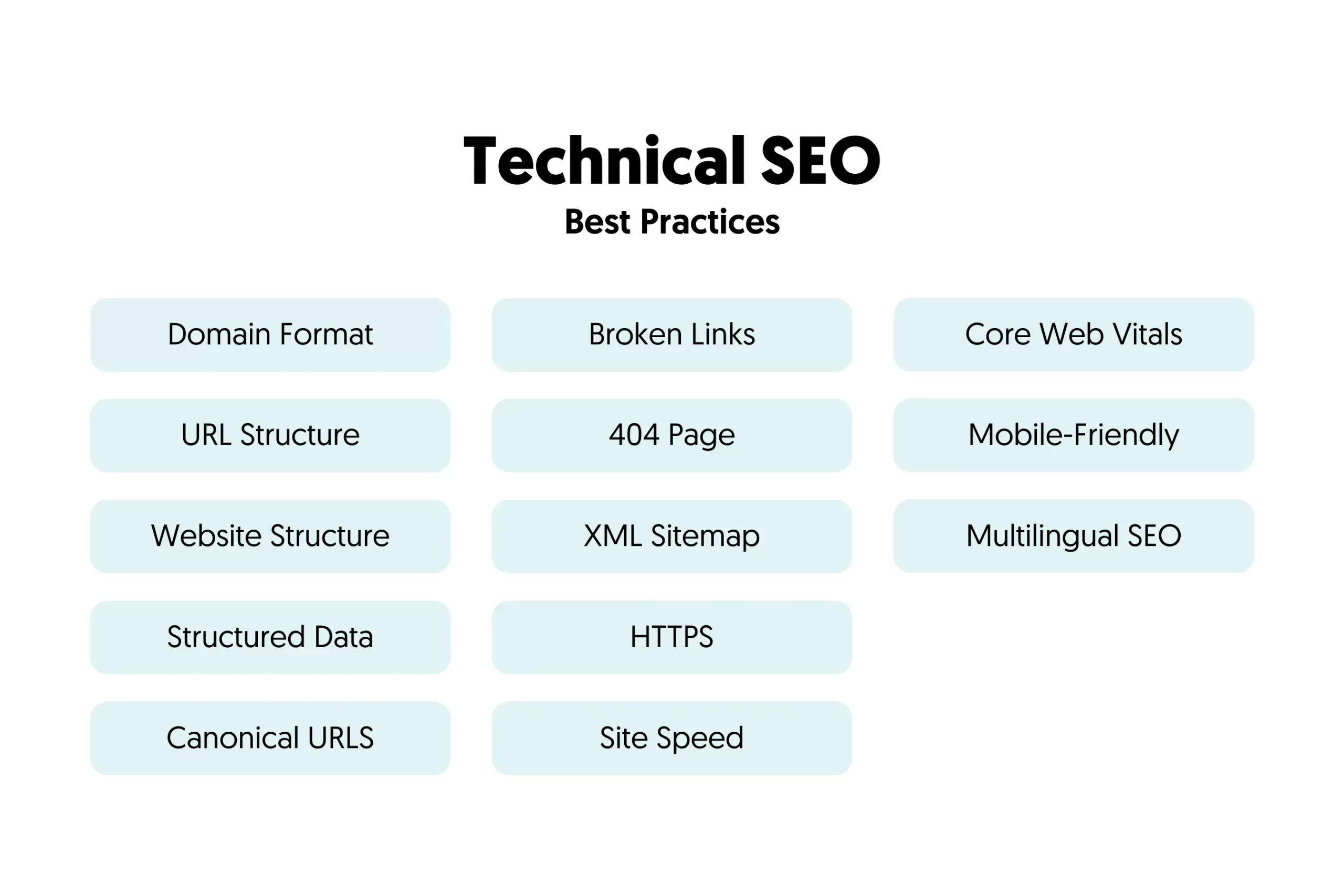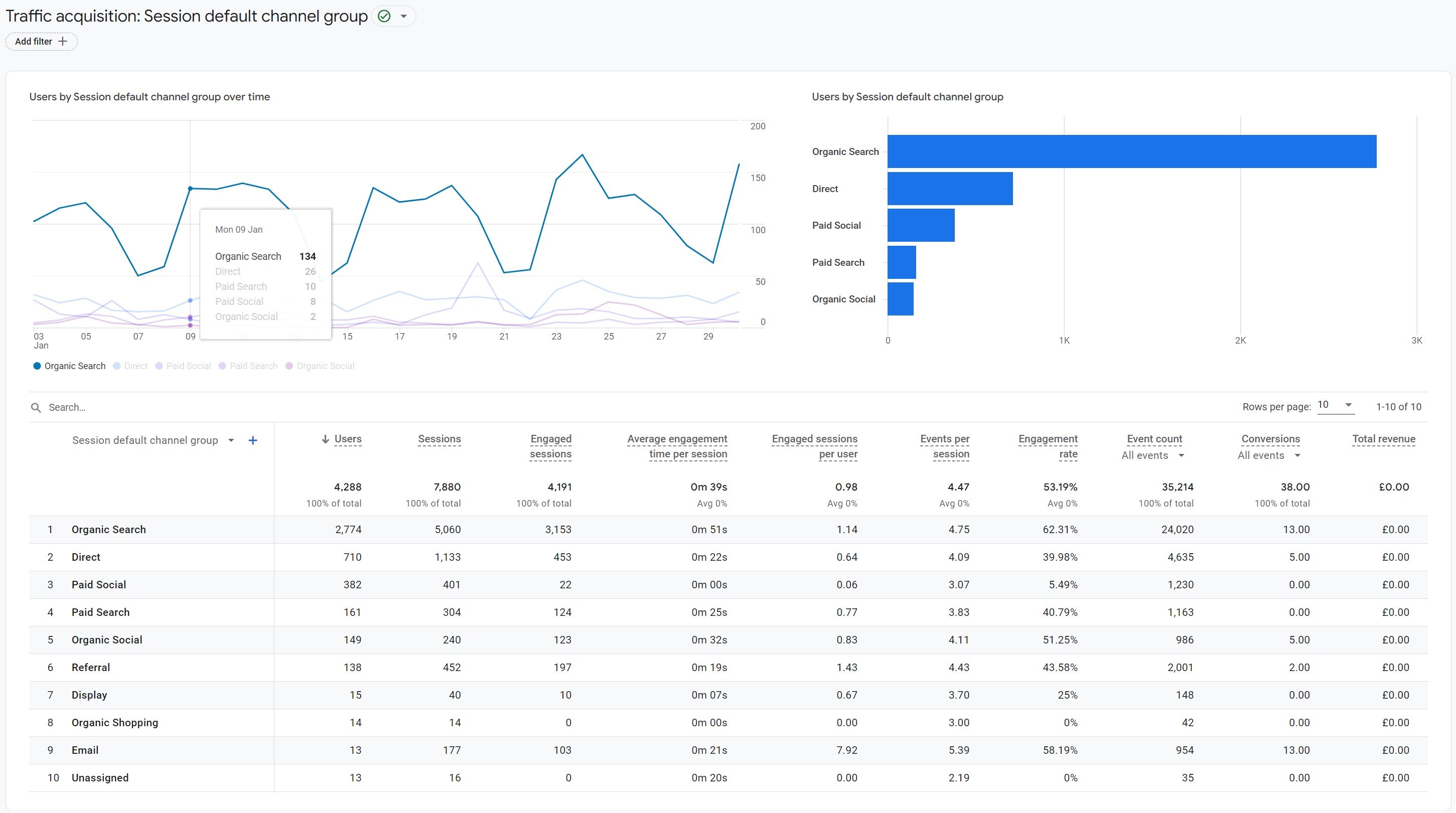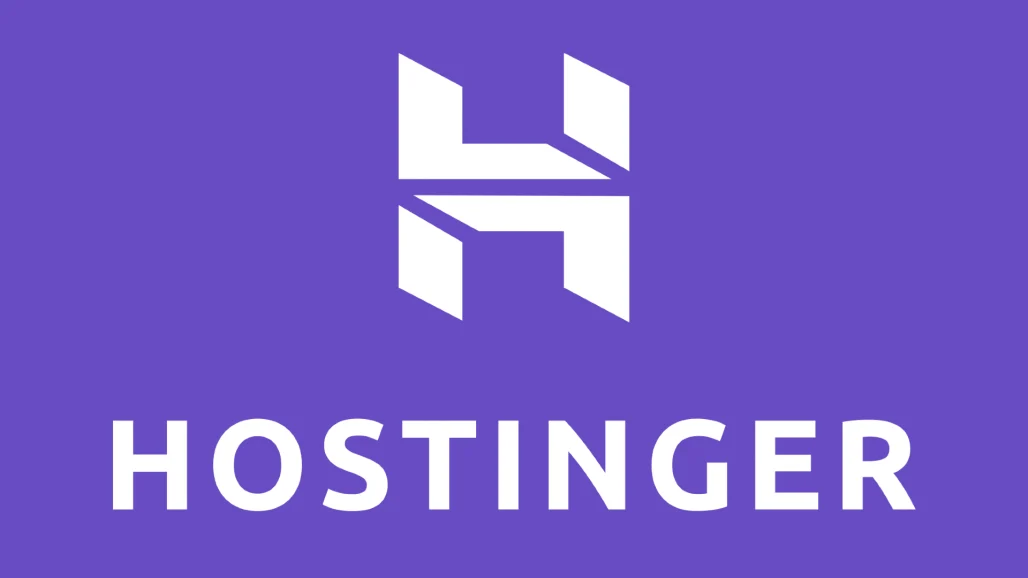In the highly competitive cybersecurity industry, SEO is crucial for attracting the right audience and establishing your company as a trusted authority.
Effective SEO strategies can help cybersecurity firms improve online visibility, reach decision-makers, and convert traffic into leads.
What is SEO For Cybersecurity Companies?
SEO for cybersecurity companies involves optimizing a website and its content to improve visibility in search engine results, specifically targeting the audience interested in cybersecurity solutions.

This specialized SEO focuses on reaching key decision-makers like CISOs, IT managers, and security professionals by using targeted keywords, technical SEO practices, and high-quality content that addresses their specific concerns.
Benefits of SEO For Cybersecurity Agency?
1. Increased Online Visibility
Effective SEO strategies help cybersecurity agencies achieve higher rankings in search engine results.
This enhanced visibility ensures that potential clients can easily discover your services when searching for cybersecurity solutions, leading to greater brand recognition.
2. Targeted Lead Generation:
By focusing on relevant keywords and phrases specific to the cybersecurity industry, SEO drives highly targeted traffic to your website.
This means visitors aremore likely to be decision-makers or businesses actively seeking cybersecurity services, resulting in higher conversion rates.
3. Establishing Industry Authority:
A strong SEO strategy involves creating and optimizing high-quality content that addresses the pain points and needs of your target audience.
This not only improves search rankings but also positions your agency as an authoritative and trustworthy source in the cybersecurity field.
4. Cost Efficiency:
Compared to other digital marketing methods like paid advertising, SEO is a cost-effective strategy with long-term benefits.
Once your site is well-optimized and ranking highly, you can continue to attract organic traffic without ongoing ad spend.
5. Enhanced User Experience:
SEO improvements often include technical optimizations such as faster loading times, mobile-friendly design, and intuitive site navigation.
These enhancements not only boost your SEO rankings but also provide a better overall experience for your visitors, leading to increased engagement and customer satisfaction.
How to Optimize Cybersecurity Businesses Websites?
Optimizing a cybersecurity business website involves a combination of technical SEO, content strategy, and user experience improvements. Here’s a step-by-step guide on how to effectively optimize a cybersecurity website:
1. Conduct Comprehensive Keyword Research
- Identify Relevant Keywords: Focus on industry-specific terms and phrases that potential clients are searching for, such as “cybersecurity solutions,” “network security services,” or “CISO best practices.” Use tools like Google Keyword Planner, SEMrush, or Ahrefs to find high-intent keywords.
- Incorporate Long-Tail Keywords: These are longer, more specific phrases that can attract highly targeted traffic. For example, “cybersecurity for small businesses” or “cloud security for financial institutions” can help attract niche audiences.

2. Optimize On-Page SEO Elements
- Meta Tags and Descriptions: Ensure that each page has unique and keyword-rich meta titles and descriptions. These should accurately reflect the content on the page and entice users to click through from search results.
- Header Tags (H1, H2, H3): Use header tags to structure your content logically, making it easier for both users and search engines to understand. Include primary and secondary keywords in these headers.
- Image Optimization: Use high-quality images with descriptive alt text that includes relevant keywords. Compress images to ensure fast loading times.

3. Create High-Quality, Informative Content
- Educational Resources: Develop blog posts, white papers, and guides that address common cybersecurity concerns and challenges. This helps establish your business as a thought leader in the industry.
- Case Studies and Testimonials: Showcase your success stories to build credibility. Highlight how your solutions have helped other businesses overcome specific cybersecurity threats.
- Regular Content Updates: Keep your content current by regularly updating blog posts and resources with the latest cybersecurity trends and insights.

4. Enhance Technical SEO
- Site Speed Optimization: Improve your website’s loading speed by compressing images, leveraging browser caching, and minimizing CSS and JavaScript files. Fast-loading sites rank better and offer a superior user experience.
- Mobile Optimization: Ensure that your website is fully responsive, providing an excellent user experience on both mobile devices and desktops. Google’s mobile-first indexing means that mobile-friendly sites are prioritized in search results. Check your website mobile friendly or not.
- Secure Website with HTTPS: Use SSL certificates to secure your website. HTTPS not only protects data but also is a ranking factor in Google’s algorithm, helping boost your SEO efforts.

5. Build a Strong Backlink Profile
- Guest Blogging and Partnerships: Write guest posts for reputable cybersecurity blogs and websites, and engage in partnerships that can lead to quality backlinks. These backlinks from authoritative sites improve your domain authority and search rankings.
- Industry Directories and Review Sites: Ensure your business is listed in relevant industry directories and on review sites like G2 or Capterra, which often link back to your site.
6. Leverage Local SEO (If Applicable)
- Google Business Profile: Optimize your Google Business profile with accurate business information, customer reviews, and regular updates to improve local search visibility.
- Local Keywords: If your cybersecurity services are targeted to specific regions, incorporate local keywords such as “cybersecurity services in [City]” into your content and meta tags.
7. Monitor and Analyze SEO Performance
- Use Analytics Tools: Regularly track your website’s performance using tools like Google Analytics and Google Search Console. Monitor metrics such as organic traffic, bounce rate, and keyword rankings to identify areas for improvement.
- A/B Testing: Experiment with different meta titles, descriptions, and content formats to see what resonates best with your audience and improves your SEO metrics.

How to Convert Traffic to Client?

1. Craft a Strong Value Proposition
- Immediate Clarity: Your website should instantly communicate what makes your cybersecurity services unique. Ensure that your value proposition is prominent on the homepage, clearly stating how your services solve specific cybersecurity challenges.
2. Optimize Landing Pages for Conversions
- Alignment with User Intent: Tailor landing pages to reflect the search queries or ads that brought users to your site. The content should directly address their needs and guide them seamlessly towards conversion.
- Effective CTAs: Use strong, action-oriented calls-to-action like “Request a Free Consultation” or “Secure Your Network Today.” These should be placed prominently and be easy for visitors to act on.
3. Provide Valuable Resources
- Gated Content: Offer high-value resources such as whitepapers, case studies, and webinars that address key cybersecurity concerns. By gating this content, you can capture leads that are already interested in your services.
4. Build Trust with Social Proof
- Testimonials and Case Studies: Showcase positive feedback from existing clients and detailed case studies that demonstrate successful outcomes. This builds credibility and reassures potential clients that your services are effective.
5. Implement Retargeting Campaigns
- Re-engage Visitors: Use retargeting ads to re-engage visitors who left your site without converting. Tailor these ads to remind them of your offerings and encourage them to return and take action.
6. Streamline the Conversion Process
- Simplified Forms: Keep forms short and easy to complete. Only ask for essential information to lower the barrier for potential clients to get in touch or request more information.
7. Follow Up with Leads
- Timely and Personalized Follow-Up: After capturing leads, follow up quickly with personalized emails or calls. Address their specific needs or concerns to move them further down the sales funnel.
The Bottom Line
SEO is essential for cybersecurity companies in 2024 to strengthen their online visibility and connect with the right audience.
By strategically optimizing content, enhancing technical SEO, and targeting key industry terms, cybersecurity firms can position themselves as trusted authorities in a competitive market.
Adopting these practices will help drive meaningful traffic, convert leads, and sustain growth




